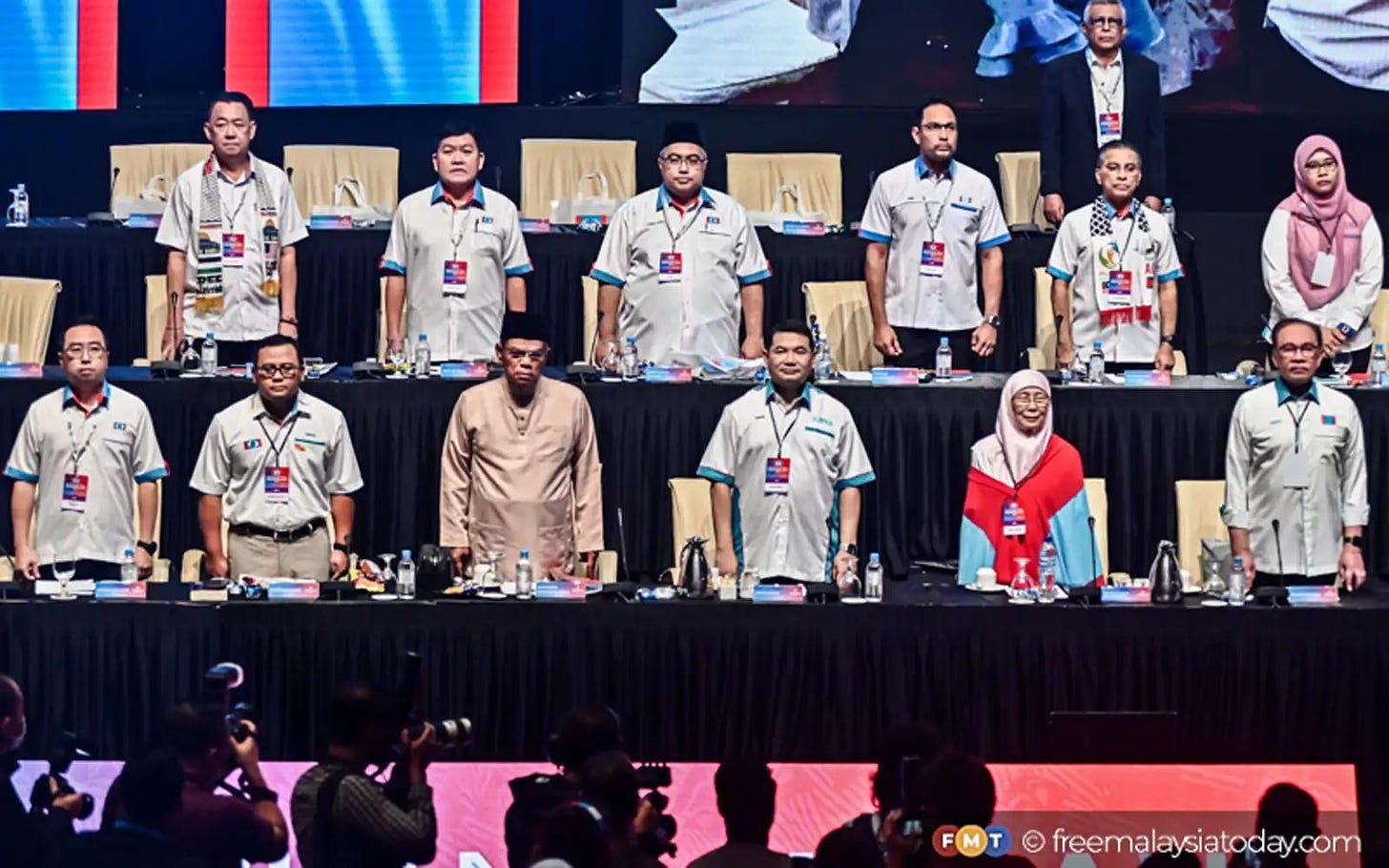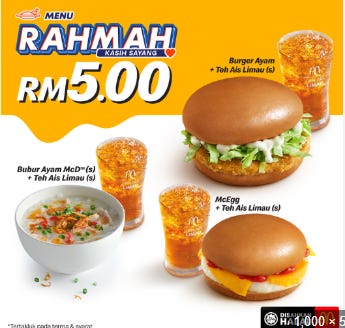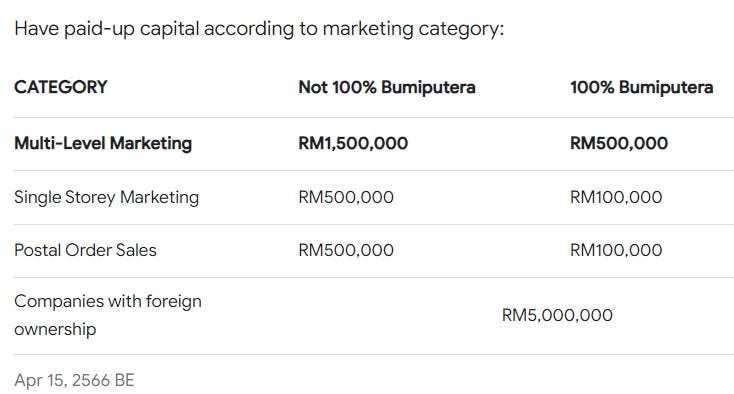Madani economic reforms underway, but favour the elites

Anwar Ibrahim has commenced his long-awaited reforms. They are economic rather than social in nature, and not pleasing too many people
Murray Hunter
Malaysians have been very disappointed with Anwar Ibrahim and his government on reform, since taking office in November 2022. The cry of ‘reformasi’ has become ‘reformati’, where cries of ‘reformasi’ were distinctly absent from the recent PKR party congress.

No cries of reformasi this year
Last year, economy minister Rafizi Ramli dealt in some small economy initiatives. The Rahmah program helps fast food franchise chains promote RM 5 meals, which small stallholders and restaurant had trouble completing with big food brand names. The nasi lemak vending machine idea, created new supply/value chains, which created a mini crony industry at the cost of ‘Makciks’ who laboured in the early hours of the morning preparing nasi lemak packs for morning sale in high traffic places.

Just in the last week, Malaysians saw a selective lifting of the diesel subsidy. Although it’s prudent to eliminate subsidies in the economy, where possible, the lifting of the diesel is causing much hardship to the B40 cohort within the community. Savings on subsidies should be redistributed back to consumers through the lowering of tax rates to lower the impact of price hikes. Instead the government has elected to use some new and untested system.
Reforms for the elite Madani style
Yesterday, it was announced that 100 percent owned Bumiputera companies with RM 1 million paid up capital will be allowed to apply for Approved Permits (APs) to import cars into Malaysia. Previously, only selected Bumiputera companies could obtain APs to import automobiles into Malaysia.
The so-called objective of this reform was to continue empowering Bumiputera socio-economic agenda by providing opportunities for more competitive Bumiputera entrepreneurs to be involved in the automobile sector.
This new reform to the draconian AP (import permit) system has an extremely high barrier to entry for MSMEs, which might want to specialise in a boutique area of the automobile market. The minimum capital requirement of RM 1 million means that only large companies will be able to take advantage of the reform. Thus, this requirement is far away from opening up the market to all potential entrepreneurs who may want to undertake some activities or trading in this industry. Most of Malaysian’s 1.5 million SMEs don’t have RM 1 million in paid up capital.
Companies with paid up capital of RM 1 million and above are almost exclusively in the realm of the rich in society. As Syed Akbar Ali said in his OSTB blog today, “now Bumi millionaires with spare cash RM 1.0 million can set up companies and apply for APs to import cars. Will that lower the selling prices of imported cars? I don’t think so. Because the import barriers (import duties, taxes, levies, APs, blab la) still remain in place.”
Such policies and reforms as this are good for Bumiputera millionaires, but do nothing to increase equality of opportunity for all Bumiputera entrepreneurs. This is not to mention the racial structuring of this reform, which is neo-apartheidism.
Just look at the cost structure for direct marketing companies.

Above: the company paid up capital required undertake direct marketing in Malaysia.
Malaysia is becoming more like the Philippines and Thailand, where their governments support big corporate interests over SMEs across a number of industries.

